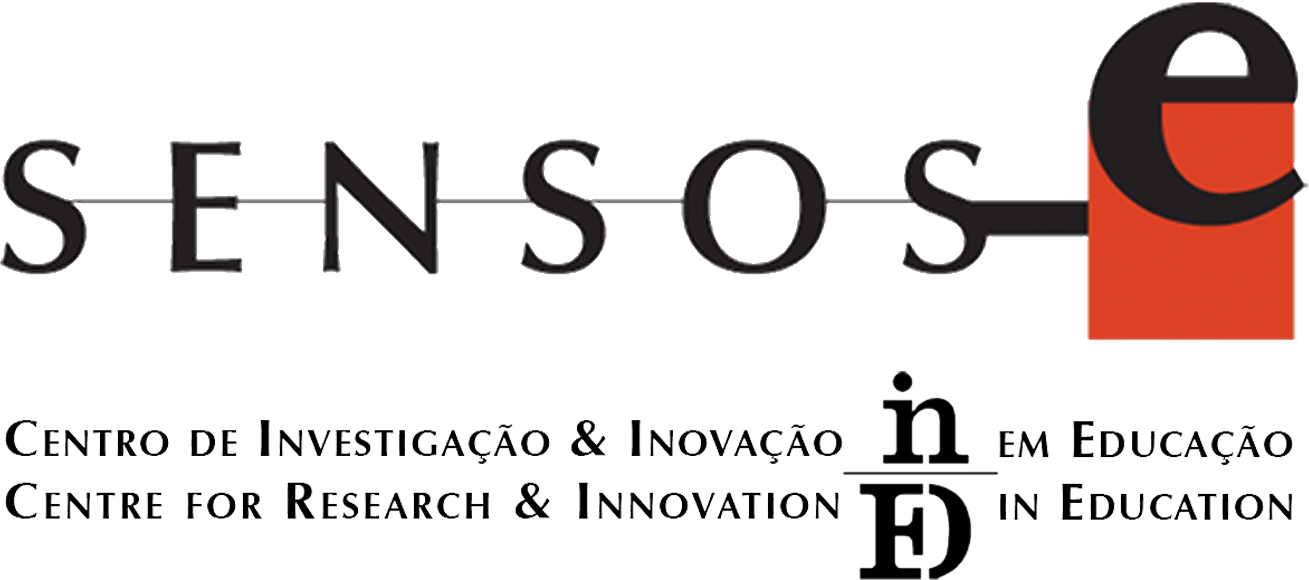Advances and setbacks of pedagogical innovation in the curriculum development in Portugal
DOI:
https://doi.org/10.34630/sensose.v8i2.3691Keywords:
Pedagogical innovation, Autonomy, Curricular flexibilityAbstract
In Portugal, attempts are made to combat school failure and failure through proposals for pedagogical innovation in the development of the curriculum in public schools. Given the thematic line of research “Innovation and changes in education: Advances and resistances”, in this work we develop a theoretical reflection on the advances and setbacks of pedagogical innovation in the development of the curriculum proposed in the legal documents. What are the guidelines given to schools by the different degrees issued by the Portuguese administration? How is the curriculum development in Portugal predicted since the Basic Law of the Educational System? What are the advances and setbacks of pedagogical innovation in Portuguese legislation? The aim of this study is to look for answers to these questions, to find out how the autonomy and flexibility of the curriculum, both of which provide a more meaningful learning for students and a reduction in school failure, were enshrined in the Portuguese legal framework, starting in 1986. Face to a vast legislative framework, the methodology adopted was document analysis, based on a bibliographic review centred on legal documents and reports prepared at crucial moments in the implementation of curricular reforms in Portugal, after the Basic Law of the Educational System of 1986.
Curricular autonomy and flexibility are inscribed in legal documents, but they are not always achieved with the necessary coherence to make them part of the reality of schools. The advances and setbacks of pedagogical innovation in curriculum development take us to a time when it is necessary to create school dynamics once again, enabling teachers to become more involved in curriculum management. Rethink the organization of times, spaces, and human resources so that, this time, the idealized curricular flexibility is fulfilled by all who are part of this process.
Downloads
Published
How to Cite
Issue
Section
License
Copyright (c) 2021 Lidia Mota

This work is licensed under a Creative Commons Attribution-NonCommercial-ShareAlike 4.0 International License.



